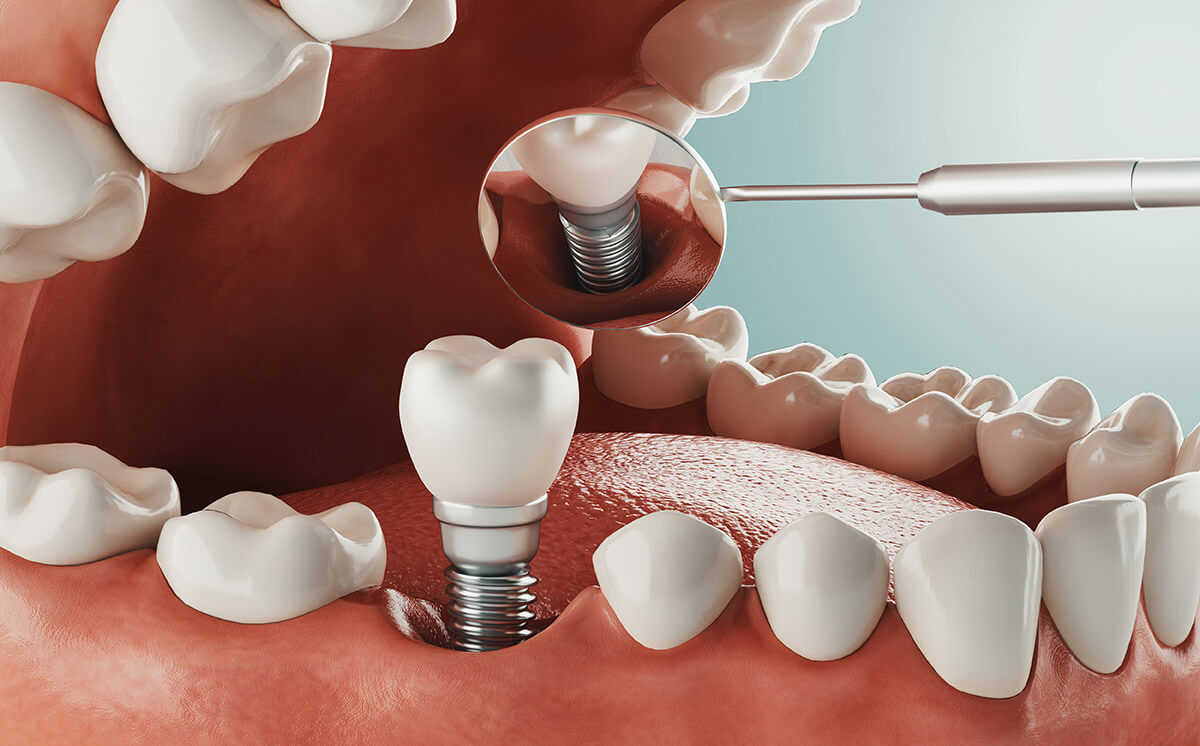The Role of Dental Veneers in Modern Cosmetic Dentistry
Dental veneers are thin, custom-made shells designed to cover the front surface of teeth. They are typically made from porcelain or composite resin materials, both of which mimic the light-reflecting properties of natural teeth. Veneers are used to improve the appearance of teeth that are discolored, worn down, chipped, misaligned, or have gaps between them.
Types of Veneers
There are two primary types of dental veneers:
Porcelain Veneers: Known for their strength and natural appearance, porcelain veneers are stain-resistant and durable. They are custom-made in a laboratory and require more preparation of the tooth surface compared to composite veneers.
Composite Veneers: These are made from a tooth-colored resin that is applied and sculpted directly onto the teeth. While not as strong as porcelain, composite veneers are less expensive and can often be applied in a single visit.
Applications of Dental Veneers
According to Marylebone Smile Clinic, dental veneers are versatile and a cosmetic dentist can address various cosmetic concerns, including:
Discoloration: Teeth that are heavily stained and do not respond to whitening treatments can be covered with veneers to achieve a bright, uniform color.
Wear and Tear: Tooth enamel deteriorates with ageing. By covering decaying or chipped teeth with porcelain veneers, you can make them look as good as new again.
Chips and Cracks: Minor damage to teeth, such as chips and cracks, can be concealed with veneers, restoring a smooth and intact surface.
Misalignment and Gaps: Veneers can provide an alternative to orthodontic treatment for minor misalignment issues and gaps, giving the appearance of straight, evenly spaced teeth.
Shape and Size: Teeth that are irregularly shaped or sized can be reshaped with veneers to create a harmonious and symmetrical smile.
The Veneer Procedure
Getting dental veneers typically involves several steps, from the initial consultation to the final application:
Consultation and Diagnosis: The first step is to schedule an appointment with a cosmetic dentist who can assess your oral health, listen to your concerns, and advise you on whether veneers are the best option. As part of this process, we may need to take X-rays and dental impressions.
Preparation: To prepare your teeth for veneers, a small amount of enamel is removed from the front surface of the teeth. This is necessary to ensure a natural fit and appearance. For porcelain veneers, an impression of the prepared teeth is taken and sent to a dental laboratory where the veneers are custom-made.
Temporary Veneers: While waiting for the permanent veneers, temporary veneers may be placed to protect the prepared teeth and maintain aesthetics.
Bonding: Once the custom veneers are ready, they are bonded to your teeth using a special adhesive. The dentist will carefully place the veneers, check the fit, and make any necessary adjustments. A curing light is used to harden the adhesive and secure the veneers in place.
Final Adjustments and Follow-up: After the veneers are bonded, the dentist will make any final adjustments to ensure a perfect fit and appearance. Follow-up appointments may be scheduled to check the condition of the veneers and your overall dental health.
Benefits of Dental Veneers
Dental veneers offer numerous benefits, making them a popular choice for cosmetic dental improvements:
Aesthetics: Because of their translucency and colour resemblance to real teeth, veneers give the appearance of a beautiful, healthy smile.
Stain Resistance: Porcelain veneers are resistant to stains from food, drinks, and smoking, helping maintain a bright smile over time.
Care and Maintenance of Veneers
Maintaining dental veneers requires good oral hygiene practices and regular dental check-ups:
Oral Hygiene: Brush your teeth at least twice a day and floss daily to keep your veneers and natural teeth clean and healthy. Use a non-abrasive toothpaste to avoid scratching the veneers.
Regular Dental Visits: Visit your dentist regularly for check-ups and cleanings. Your dentist will monitor the condition of your veneers and address any potential issues early.
Avoid Excessive Force: While veneers are durable, they can still be damaged by excessive force. Avoid biting into hard objects, such as ice or pens, and use a mouthguard if you grind your teeth at night.
Common Myths About Veneers
There are several misconceptions about dental veneers that can deter people from considering them:
Myth 1: Veneers Look Fake: Advances in dental technology have made veneers more natural-looking than ever. Skilled cosmetic dentists can create veneers that closely match the color, shape, and translucency of your natural teeth.
Myth 2: Veneers Are Only for the Rich and Famous: While veneers were once considered a luxury for celebrities, they have become more accessible and affordable, making them a viable option for many people seeking to improve their smiles.
Myth 3: The Procedure Is Painful: The veneer procedure is typically painless, as it involves minimal tooth preparation and the use of local anesthesia. Most patients report little to no discomfort during and after the procedure.
Myth 4: Veneers Require Extensive Tooth Reduction: Modern veneer techniques are more conservative, often requiring minimal enamel removal to achieve a natural fit and appearance.
The Importance of Choosing a Qualified Cosmetic Dentist
The success of your veneer treatment largely depends on the skill and experience of your cosmetic dentist. When choosing a dentist, consider the following factors:
Credentials and Training: Ensure the dentist has the necessary qualifications and training in cosmetic dentistry. Look for membership in professional organizations and accreditation from reputable institutions.
Experience and Expertise: Choose a dentist with extensive experience in placing veneers and a track record of successful cases. Ask to see before-and-after photos of previous patients.
Conclusion
Dental veneers are a powerful tool in the realm of cosmetic dentistry, offering a solution for a variety of dental imperfections. From enhancing the appearance of discolored teeth to correcting minor alignment issues, veneers can transform your smile and boost your confidence.


















